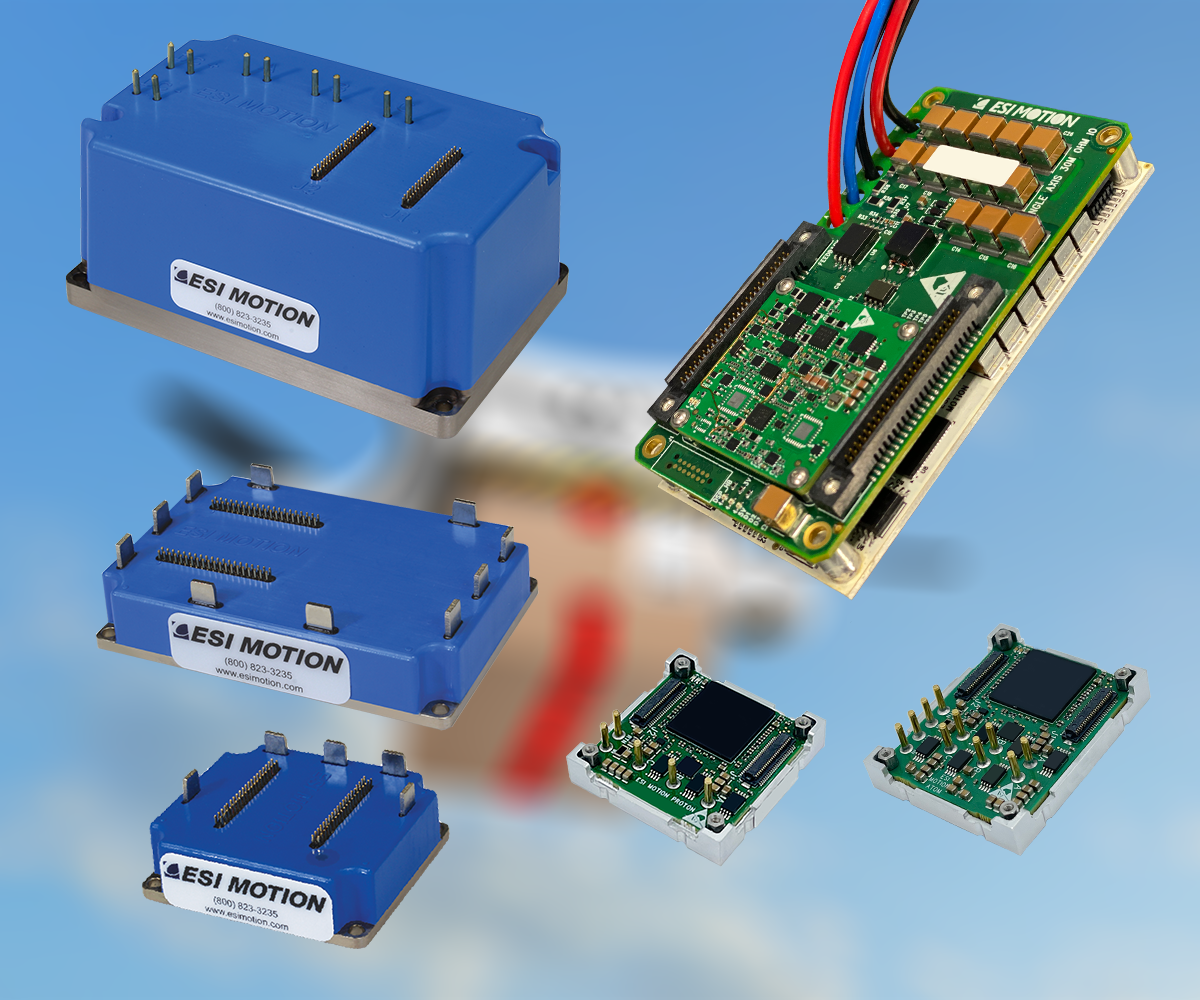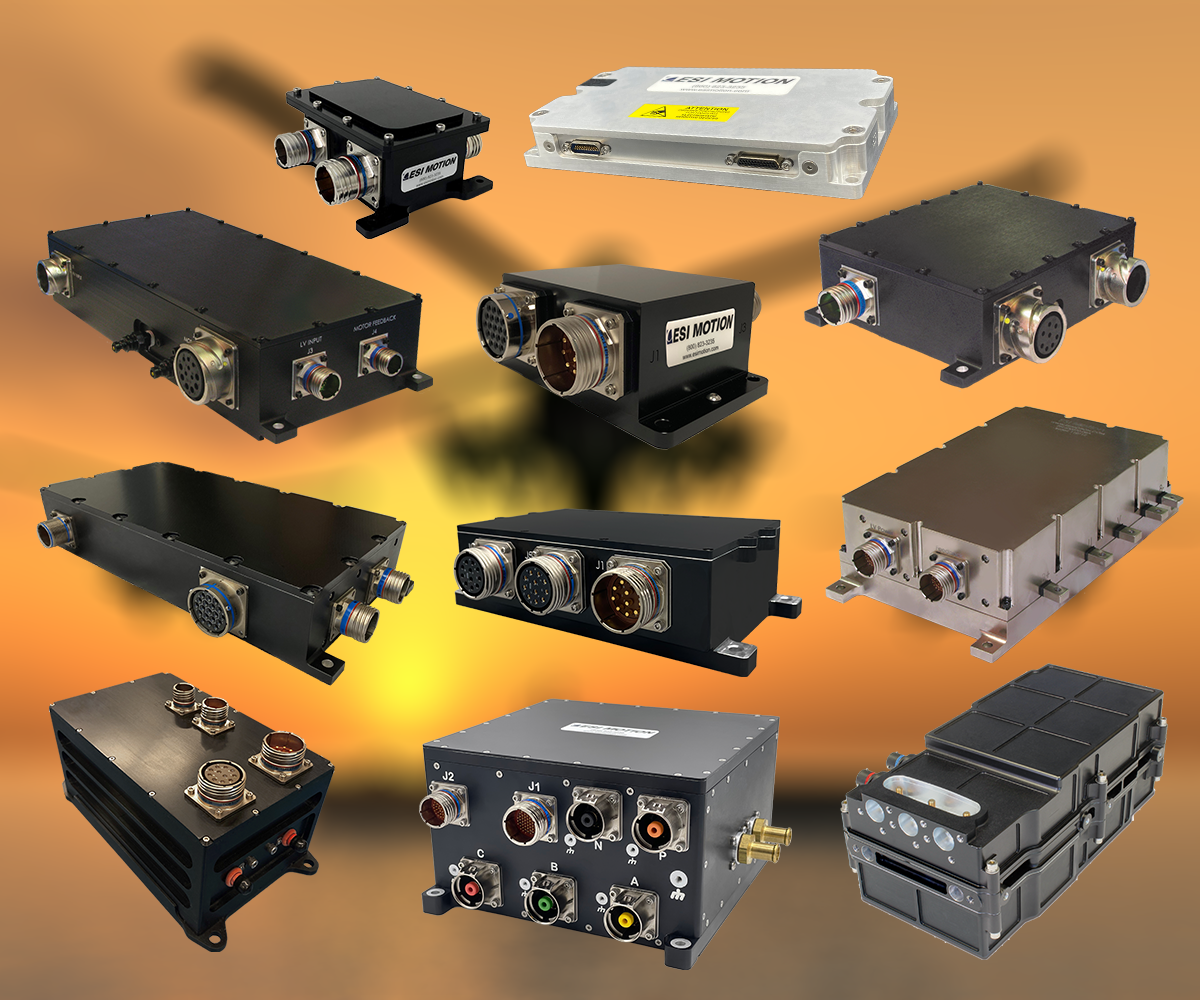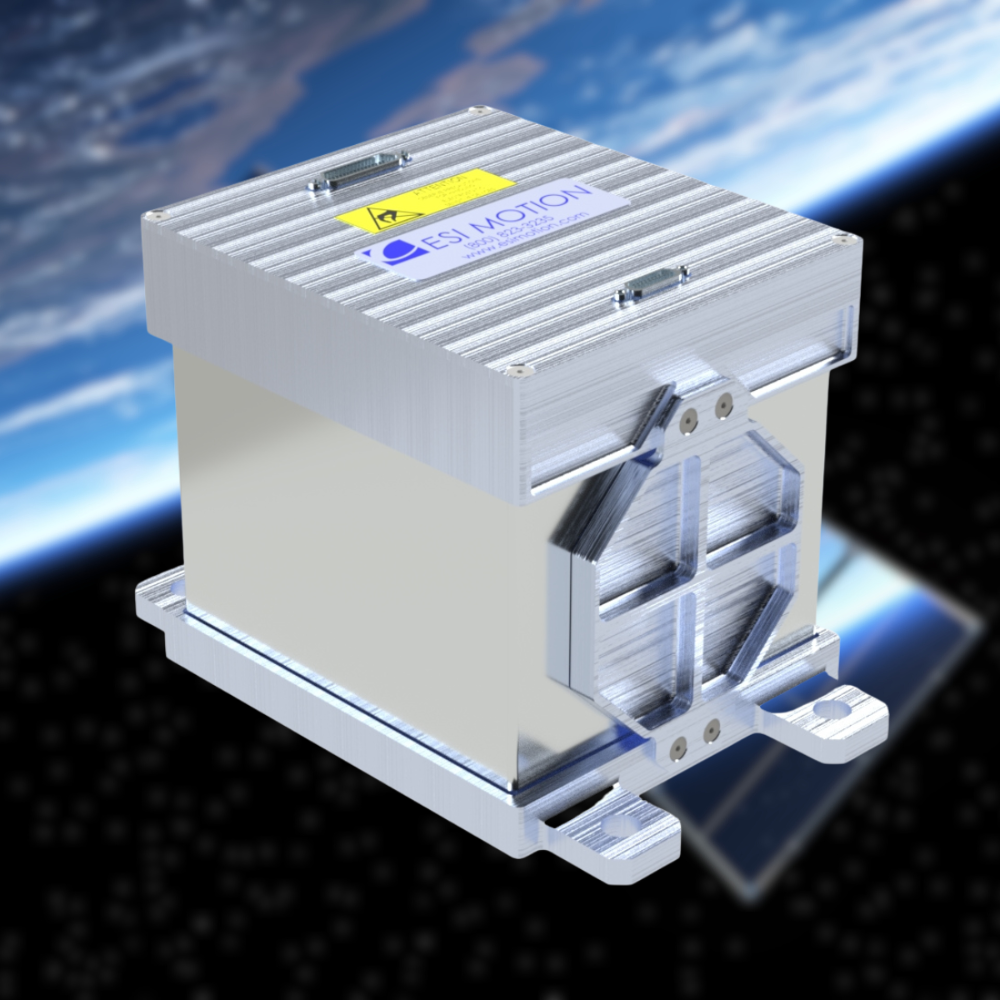The next decade in space flight missions is poised to be transformative, with significant advancements and ambitious projects planned by various space agencies and private companies. Here are some key trends to look forward to:
Moon Exploration: The focus on lunar exploration will intensify, driven by NASA’s Artemis program aiming to land "the first woman and the next man" on the Moon by 2024, and establishing a sustainable human presence by the end of the decade. International collaborations and private sector participation are expected to play a significant role. With many types of contracts being awarded to companies for a variety of applications including Lunar Terran Vehicles and a development of Lunar Railroad Network, the moon is the first step of human planetary expansion.
Mars Missions: Mars will continue to be a major target. NASA’s Perseverance rover is already on Mars, and missions like the European Space Agency’s (ESA) ExoMars rover and potential human missions by the 2030s are in the pipeline. SpaceX's Starship is also designed with Mars in mind, potentially enabling crewed missions. Currently, Mars is the only planet we know of the be solely inhabited by robots but those robots and the continued exploration of the Red Planet over the next 10 years will help shape the future of space exploration.
Commercial Spaceflight: The commercial sector will see substantial growth, with companies like SpaceX, Blue Origin, and Boeing leading the way. Space tourism, private space stations, and commercial lunar missions are expected to become more common. The continued flights and test flights will push the current limits of space travel for the "everyday" person as we look to expand across the galaxy.
Satellite Mega-Constellations: Companies like SpaceX and Amazon will continue launching large constellations of small satellites to provide global broadband internet, significantly increasing the number of active satellites in orbit. While Space Development Agency contracts the production of groups of satellites to support warfighter missions and encrypted connectivity data links for safer military communication.
Space Stations: The International Space Station (ISS) will continue operations, but plans for new space stations are underway. China’s Tiangong space station is expected to be fully operational by the mid-2020s, and private companies are also developing their own space habitats.
Deep Space Exploration: Missions to the outer planets and beyond will gain momentum. NASA’s Europa Clipper mission will study Jupiter’s moon Europa, and the James Webb Space Telescope will revolutionize our understanding of the universe. The photos shared by NASA from James Webb over the last few years have been nothing short of breathetaking and will continue to document spaces orbiting the Sun 1 millions miles away from Earth.
Planetary Defense: Efforts to detect and potentially deflect hazardous asteroids will be prioritized, with missions like NASA’s DART (Double Asteroid Redirection Test) aiming to test asteroid deflection techniques.
The next decade will be marked by significant milestones in space exploration and technology. Collaborative international efforts, coupled with private sector innovation, will drive humanity closer to becoming a multi-planetary species and expanding our understanding of the cosmos.
ESI Motion continues to be apart of many different programs across the spectrum of these different key trends and is excited to be apart of the ever expanding space industry. For our COTS to MOTS to Fully Customized Motor Controllers, ESI Motion proves to be the best solution to your space applications including the responsibility of being mission-critical.
As an industry leader, ESI Motion possesses the know-how, experience, and support to help you achieve your mission goals while ensuring optimal performance and longevity for your equipment.
Contact ESI Motion by calling +1.800.823.3235 or email us at sales@esimotion.com. We can help you find the right solution for your space system needs.
If you’ve got any questions, we’ve probably got them answered here on our FAQ. If you need any technical support, our team is here to help.
Click Here to see more of our solutions.





